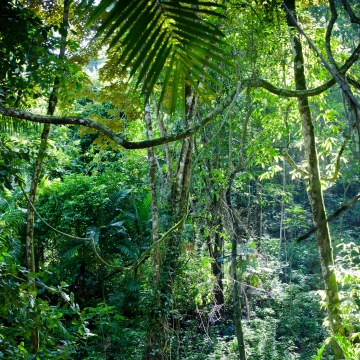Researchers Trained in Experimental Economics
About 40 researchers on 30th-31st July 2020 converged at Makerere University for a refresher training to sharpen their skills in Experimental Economics. The training held at the College of Business…

About 40 researchers on 30th-31st July 2020 converged at Makerere University for a refresher training to sharpen their skills in Experimental Economics. The training held at the College of Business…
Over 40 trainees including representatives from Uganda line Ministries, Departments and Agencies including the Ministry of Lands and Housing, the Ministry of Water and Environment, the National Forest…
EfD-Mak Centre Uganda is scheduled to train Government Officials on Environmental Valuation on Friday 10th July, 2020 at Makerere University starting at 8.00 am to 3.00pm.
The EfD Mak Centre Uganda in collaboration with EfD-Tanzania on 24th June, 2020 held a Webinar with a purpose of distilling lessons learned from the COVID-19 response and how these can be transposed…
Since 2003, China has implemented a large-scale forest devolution reform by giving villages the right to devolve tenure rights of collectively owned forests to households. Some villages chose no reform, and the forest continued to be owned and controlled by the village committee. In other villages, the reform was adopted and forests became owned and managed by individual households. In a third group, the reform was adopted and forests became household owned but are managed jointly.
Climate change mitigation in developing countries is increasingly expected to generate co-benefits that help meet sustainable development goals. This has been an expectation and a hotly contested issue in REDD+ (reducing emissions from deforestation and forest degradation) since its inception.
Forests in lower-income countries provide a global public good, carbon sequestration. REDD, "reduced emissions from deforestation and forest degradation" is a performance-based payment designed to align private incentives at the country level with the socially optimal level of forest loss. This review article focuses on the distributional implications of REDD, specifically on whom the burdens and benefits fall. First, REDD implementation has proven more difficult and costly than originally anticipated.